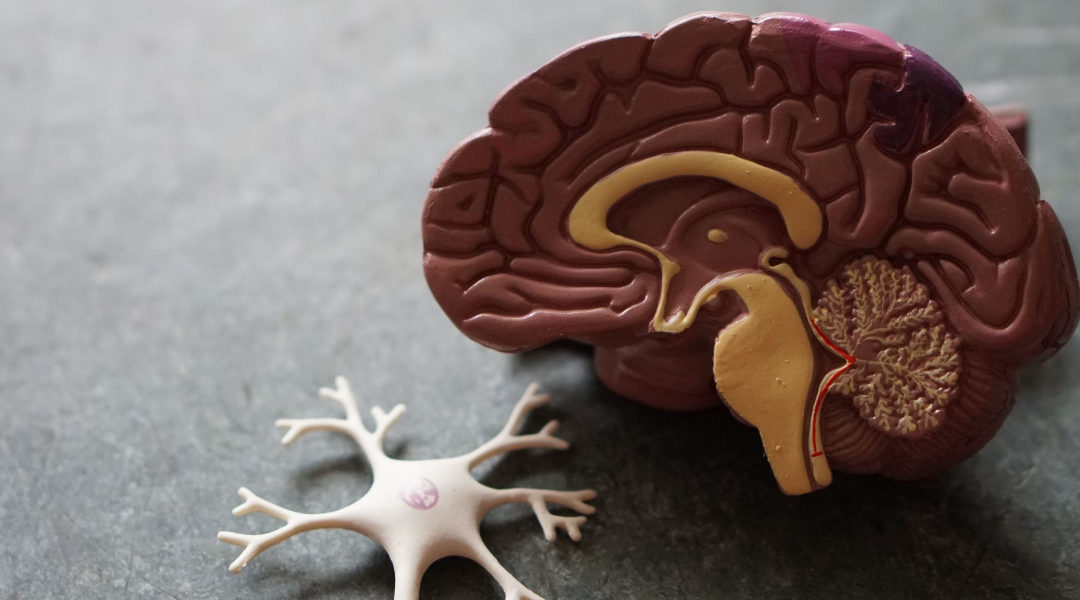Dr. Dena Dubal of the University of California, San Francisco is researching a hormone in the body named Klotho. Other scientists have discovered that extra Klotho in mice helps them live longer. They also noted that Klotho is found in the brain. This led Dr. Dubal and her fellow scientists to study whether mice performed better on learning and recall tests if they were bred to produce extra Klotho.
The results were startling. The mice with more Klotho hormone performed better than other mice on cognitive tests and in learning how to navigate mazes. In short, it appeared that their brains were enhanced. This positions the hormone as a potential key to the treatment of Alzheimer’s and other diseases. It could also open the door to brain enhancement in people who do not have a disease.
It is much too early to start any type of human-based trials with Klotho-based drugs, but Dr. Dubal and her fellow researchers found a group of older people who naturally produce more Klotho thanks to a genetic variation in their bodies. This group scored better on cognition tests than people without that genetic variation. Their brains still deteriorated with age, but because they started at a higher cognition level, they performed better.
Clearly, more research is needed to find the potential effects of Klotho on preventing or treating brain disorders, and enhancing brain function. Dr. Dubal and other researchers plan to continue their work in this very promising area.
This is where ethical questions come into play. If Dr. Dubal or other scientists can develop Klotho-based drugs that treat disease, the question is easy. Give it to the people it will help. But what about otherwise healthy people receiving the drug? If the research pans out, should we seek to raise Klotho levels in utero? Should people be able to pay to receive Klotho-based drugs to enhance their brains?
Like with other drugs, if the cost is high, there is a clear advantage for people of means versus those who struggle to pay their bills. The example of insulin is fitting here. Some people have no trouble paying for their insulin, which is critical in the proper care of diabetes. People with money problems may have to choose between their insulin and their rent. Offering a brain enhancer or brain disorder treatment to only people who can afford it raises clear ethical questions.
It would also be problematic if, at some point down the road, people had the option of enhancing the brains of their children before they are even born. While on its face it seems like a good idea, we again run into the question of who would be able to afford to offer their children this brain boost.
Researchers are a long way from actually developing a Klotho-based brain drug, but the potential ethical questions are already there.

